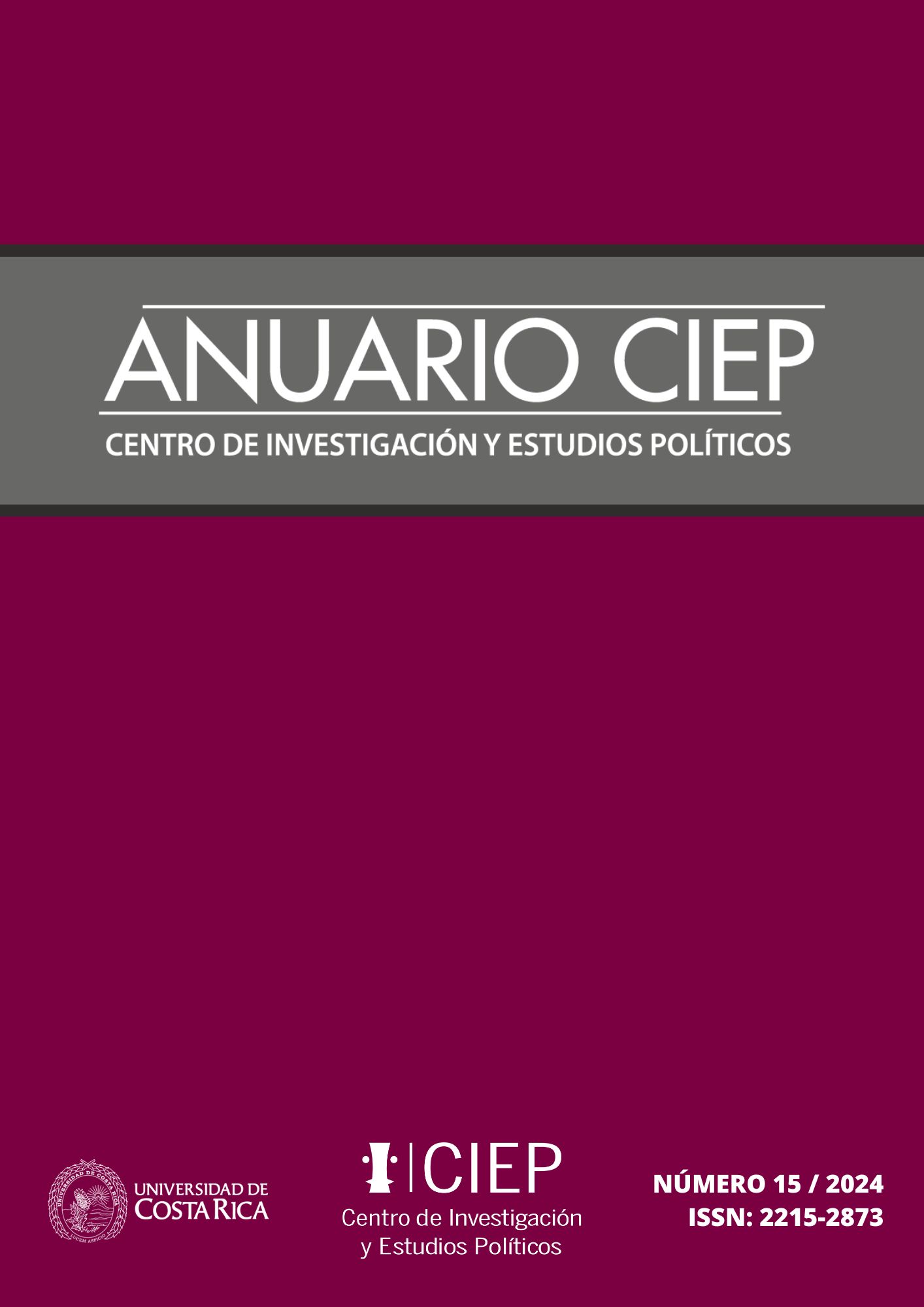Abstract
This article discusses the process of regularization of land tenure of Maya Q'eqchi' communities in the Northern Lowlands (NL) of Guatemala, in the departments of Petén, Alta Verapaz and Izabal, in the last 23 years since the creation of the Land Fund in 1999, at the end of the internal armed conflict that lasted 35 years (1961-1996). This process was a commitment of the State after the signing of the peace agreement in 1996, which has not yet been completed. In its course over time, the process of regularization has characteristics that allow it to be characterized as "racializing", insofar as the conceptions and practices or omissions of the state contribute to the reproduction of the hegemonic power relations that have accompanied the history of the creation of agrarian property in the country. This has happened since the colony and the liberal reform of the late nineteenth century, which has reinforced state and social racism against indigenous communities. The author reviews the actions of the agrarian institution that should lead and carry out the regularization process, its results and its significance in the long process of construction of agrarian property in the country. It investigates the impacts that it has had – and continues to have – in particular for the Q'eqchi' communities in the NL, for their forms of community organization, their relationship with land and natural resources, and the governance of the territory.
##plugins.facebook.comentarios##

This work is licensed under a Creative Commons Attribution-NonCommercial-NoDerivatives 4.0 International License.
Copyright (c) 2024 Laura Hurtado Paz y Paz


